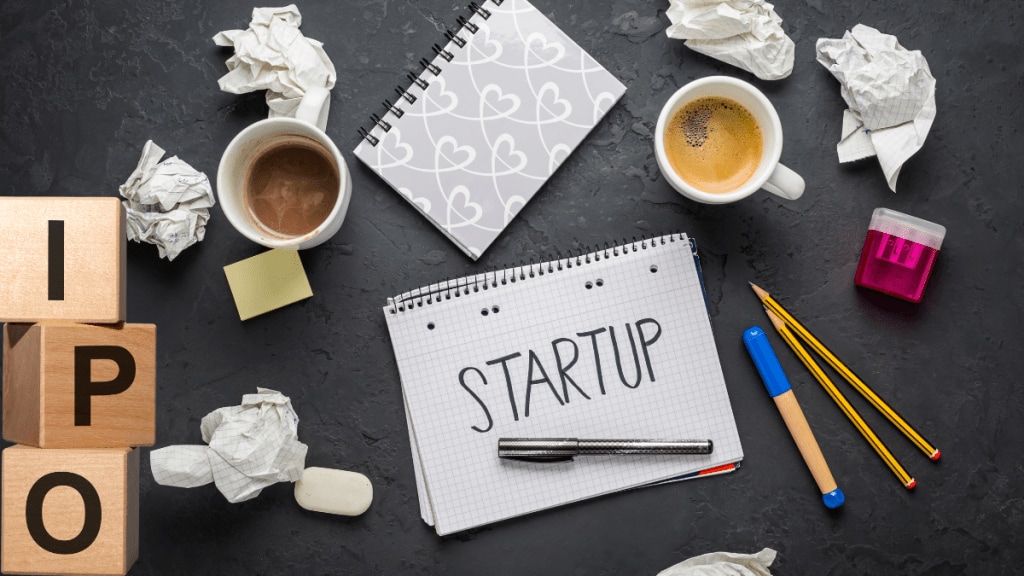Domestic startups are recalibrating their US expansion plans and hiring strategies after the US government announced a steep $100,000 one-time fee on H-1B visas.
The move is set to impact AI (artificial intelligence) and SaaS (software-as-a-service) startups the most, which have traditionally relied on the US as their biggest market. While the announcement does not impact existing H-1B visa holders, companies looking to expand their teams must now choose between paying astronomical visa costs or abandon the plan altogether.
Crippling Costs for Early-Stage Startups
The blow is particularly severe for early-stage startups which lack the financial cushion to absorb such costs. Seed and Series A companies operate on tight budgets where $100,000 per employee can mean the difference between growth and closure. “Early teams can’t swallow that tax,” said Garry Tan, CEO of Silicon Valley-based accelerator Y Combinator.
The math is indeed brutal. A 10-person startup looking to establish a US presence would need to shell out $1 million just in visa fees – often more than their entire seed funding round. The policy effectively turns the H-1B into a “luxury work permit” accessible only to the wealthiest corporations, sidelining startups and smaller businesses, say industry insiders.
The added cost is staggering. Hemant Mohapatra, partner at Lightspeed India, calculated that during his 15 years on H-1B working in semiconductor research, the new fees would have totalled $1.5 million – while earning less than $100,000 annually. “No way AMD would have hired me,” he wrote on X.
But where some see crisis, others see opportunity. A growing chorus of Indian tech leaders argues this could catalyse India’s long-awaited tech boom.
India’s Tech Ecosystem Sees Opportunity
Snapdeal co-founder Kunal Bahl, who was denied an H-1B visa at Microsoft in 2007, said: “It was crushing and numbing at that moment, but life-changing eventually when I moved back to India. Because of the new H-1B rules, a tremendous number of talented individuals are going to be headed back to India. The talent density in India is going to skyrocket,” he said.
“It may take 5 years to rebuild your lives but it will make you stronger. Do not live in fear. Make the bold move. You will do well,” Zoho’s Sridhar Vembu posted on X, urging professionals to return to India.
Former NITI Aayog CEO Amitabh Kant said: “Donald Trump‘s $100,000 H-1B fee will choke US innovation and turbocharge India’s. By slamming the door on global talent, America pushes the next wave of labs, patents, innovation and startups to Bangalore and Hyderabad, Pune and Gurgaon.”
For Sangram Raje, co-founder of Silicon Valley startup Prodigal, Friday’s announcement was validation, not shock. “Back in Trump’s first term, I was convinced Indian ML (machine learning) talent would eventually move back because US immigration policies would tighten. That’s why we made the hard call early on to build Prodigal’s engineering team entirely in India,” he told FE. His company builds AI agents for debt collections while serving US financial services remotely from India. “At the time it wasn’t obvious, but with the new $100,000 H-1B rule in his second term, that thesis has played out,” he added.

